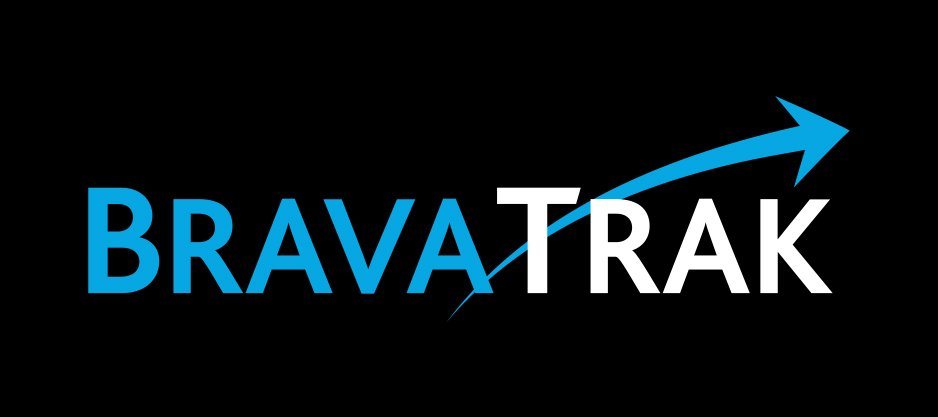What Are Good Coaching Questions
Transcript
Hi there. This is Blair from BravaTrak.
I've been thinking about the skill sets required to be a good coach. One of them is the ability to ask useful open questions. As I've mentioned before, I've worked with thousands of contact centre team leaders and managers over the years, and I've noticed the best coaches of them mostly ask open questions, while the rest mostly ask closed.
Open questions start with words like 'who', 'what', 'when', 'where', 'why' and 'how', which you probably already know. What you may not know is that there's a hierarchy here. Not all open questions are created equal.
An easy way to visualise this hierarchy is to consider the food pyramid. Not all foods are created equal either. At the base of the food pyramid are vegetables of which we should eat a lot. And at the top is sugar, which we should eat in small quantities. There's also a food pyramid of words, if you will, to start open questions.
Best Open Ended Questions
At the base of the pyramid are the go-to words you can use to uncover information. Those words are 'what', 'how' and 'tell me about.' They'll serve you extremely well.
In the middle are those words which will help you get people to elaborate on their responses. Words such as 'who', 'when', 'where', and 'which.'
Open Questions To Ask The Least
And at the top of the pyramid is the word, 'why.' Just as you really want to eat small amounts of sugar, you'll also want to be careful about using the word, 'why', too much. "How come?" you rightly ask?
Well, imagine I'm coaching you, and I ask you, "Why did you do that?" What's your likely reaction going to be? Well, it's possible that you may feel threatened to some extent by my question. If so, that question is going to trigger the survival mechanism of fight-flight-freeze.
Now, of course, fight-flight-freeze developed to protect us from physical danger. But the reality is, it will be triggered whenever you feel threatened.
If you go into fight, you'll push back. You'll raise your voice, defend yourself, justify your actions. If you go into flight, you won't feel you can run away, so you'll lie to evade criticism. And if you go into freeze, you'll provide minimal responses, like shrugging your shoulders.
When you're coaching someone, how useful is it to force them into a position where they feel they have to attack you, lie to you, or completely shut down to avoid your inquisition? Obviously it's not.
So, be careful about when and where you use the word, 'why.' For most of your open questions use 'how', 'what' and 'tell me about' instead.
That's my take. What do you think?
